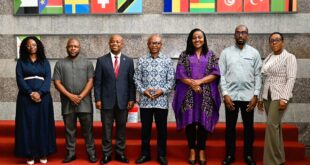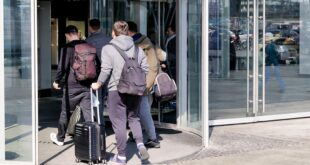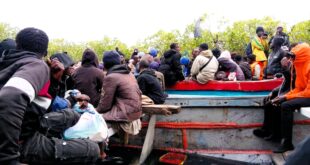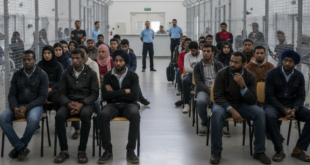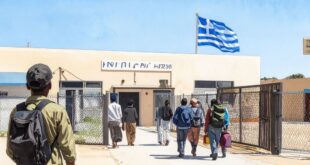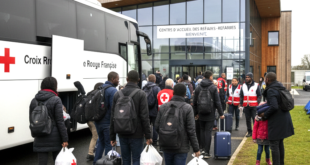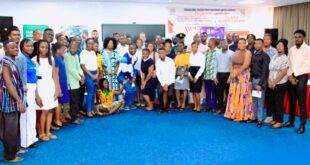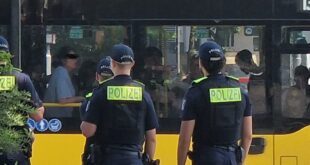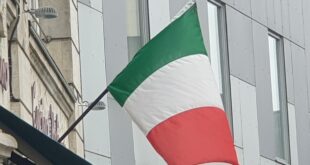Israel’s Supreme Court has suspended a controversial government plan to deport thousands of African migrants.
The court issued its ruling on Thursday, following a legal challenge by a group of migrants from Eritrea and Sudan.
The government now cannot deport African migrants until the court receives additional information
Prime Minister Benjamin Netanyahu in January announced the implementation of the programme to remove migrants who entered illegally, giving them a choice between leaving voluntarily or facing indefinite imprisonment with eventual forced expulsion.
READ ALSO UN experts demand immediate stop to expulsions from Israel
The migrants – mostly from Eritrea and Sudan – were offered $3,500 and a plane ticket to leave Israel voluntarily by the end of March.
Israeli authorities say there are currently more than 40,000 African migrants in Israel, describing them as “infiltrators”.
Most of them entered from Egypt several years ago, before a new fence was built along the desert border. This has almost ended illegal crossings.
READ ALSO African migrants worse than terrorists, says Israeli prime minister
Only single young men are affected by the government plan. It exempts children, women, parents of dependent minors and victims of slavery and human trafficking.
As the migrants could face danger or imprisonment if returned to their homelands, Israel is offering to relocate them to an unnamed African country, which deportees and aid workers say is Rwanda or Uganda.
Israel’s deportation or imprisonment plan has drawn criticism from the United Nations refugee agency as well as from some Israelis and rights activists.
Austin Ohaegbu with agency
 THE AFRICAN COURIER. Reporting Africa and its Diaspora! The African Courier is an international magazine published in Germany to report on Africa and the Diaspora African experience. The first issue of the bimonthly magazine appeared on the newsstands on 15 February 1998. The African Courier is a communication forum for European-African political, economic and cultural exchanges, and a voice for Africa in Europe.
THE AFRICAN COURIER. Reporting Africa and its Diaspora! The African Courier is an international magazine published in Germany to report on Africa and the Diaspora African experience. The first issue of the bimonthly magazine appeared on the newsstands on 15 February 1998. The African Courier is a communication forum for European-African political, economic and cultural exchanges, and a voice for Africa in Europe.


